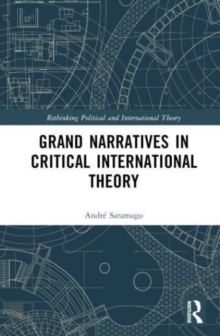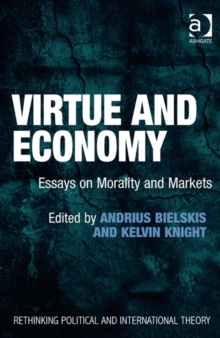
Knowing al-Qaeda : The Epistemology of Terrorism EPUB
by Christina Hellmich
Edited by Andreas (University of Reading, UK) Behnke
Part of the Rethinking Political and International Theory series
EPUB
Description
Despite a plethora of studies devoted to it, the current understanding of al-Qaeda and the threat it poses remains vague and ambiguous.
Is al-Qaeda a rigidly structured organisation, a global network of semi-independent cells, a franchise, or simply an ideology?
What role did Osama bin Laden play within the group and its terrorist campaign?
What does it mean to talk about the "global Salafi-jihad" threat allegedly confronting the West?
In addressing such questions many writers have sought to offer definitive answers, yet overall the truth about al-Qaeda remains elusive. This book moves beyond this traditional approach in order to investigate and critically assess how such answers reflect the particular epistemological frameworks within which they are produced.
Its chapters explore the varied contexts within which the obscure entity labelled al-Qaeda is constituted as a comprehensible object of political, strategic, cultural, and scientific knowledge, and within which 'terrorism' is rendered an experience of quotidian life. This volume offers a much-needed critical reflection on Western ways of talking and of thinking about the frightening experience of global terrorism.
In trying to know how we know al-Qaeda, it offers us an opportunity to try to know ourselves and our often hidden assumptions about legitimacy, violence, and political purpose.
Information
-
Download - Immediately Available
- Format:EPUB
- Pages:192 pages
- Publisher:Taylor & Francis Ltd
- Publication Date:22/04/2016
- Category:
- ISBN:9781317108931
Other Formats
- Hardback from £140.00
- PDF from £44.09
- Paperback / softback from £47.05
Information
-
Download - Immediately Available
- Format:EPUB
- Pages:192 pages
- Publisher:Taylor & Francis Ltd
- Publication Date:22/04/2016
- Category:
- ISBN:9781317108931










